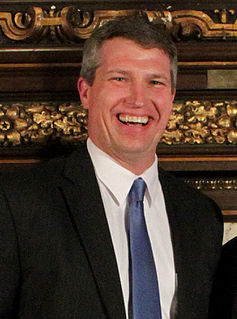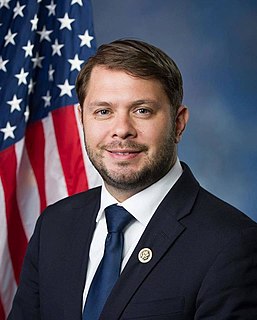A Quote by William Vickrey
... often analysis seems to be based on the assumption that future economic output is almost entirely determined by inexorable economic forces independently of government policy so that devoting more resources to one use inevitably detracts from availability for another.
Related Quotes
Since scarcity is the basic economic problem, if it does not exist then there is no reason for my economics course. Devoting time to the study of how people use limited resources to fulfill unlimited wants and needs should help us to discover how to best utilize the resources we have at our disposal.
When we hear (as we sometimes do) that (Russia's) economic output is about half the level of a decade ago or that real incomes have fallen sharply, it is worth recalling that economic statistics under the Soviet Union were hardly more reliable than any other official statements. Moreover, a country that produces what no one wants to buy, and whose workers receive wages that they cannot use to buy goods they want, is hardly in the best of economic health.
If we hope to stem the mass destruction that inevitably attends our economic system (and to alter the sense of entitlement - the sense of contempt, the hatred - on which it is based), fundamental historical, social, economic, and technological forces need to be pondered, understood, and redirected. Behavior won't change much without a fundamental change in consciousness. The question becomes: How do we change consciousness?
The future path of the federal funds rate is necessarily uncertain because economic activity and inflation will likely evolve in unexpected ways. For example, no one can be certain about the pace at which economic headwinds will fade. More generally, the economy will inevitably be buffeted by shocks that cannot be foreseen.
From the Great Depression, to the stagflation of the seventies, to the current economic crisis caused by the housing bubble, every economic downturn suffered by this country over the past century can be traced to Federal Reserve policy. The Fed has followed a consistent policy of flooding the economy with easy money, leading to a misallocation of resources and an artificial 'boom' followed by a recession or depression when the Fed-created bubble bursts.



































